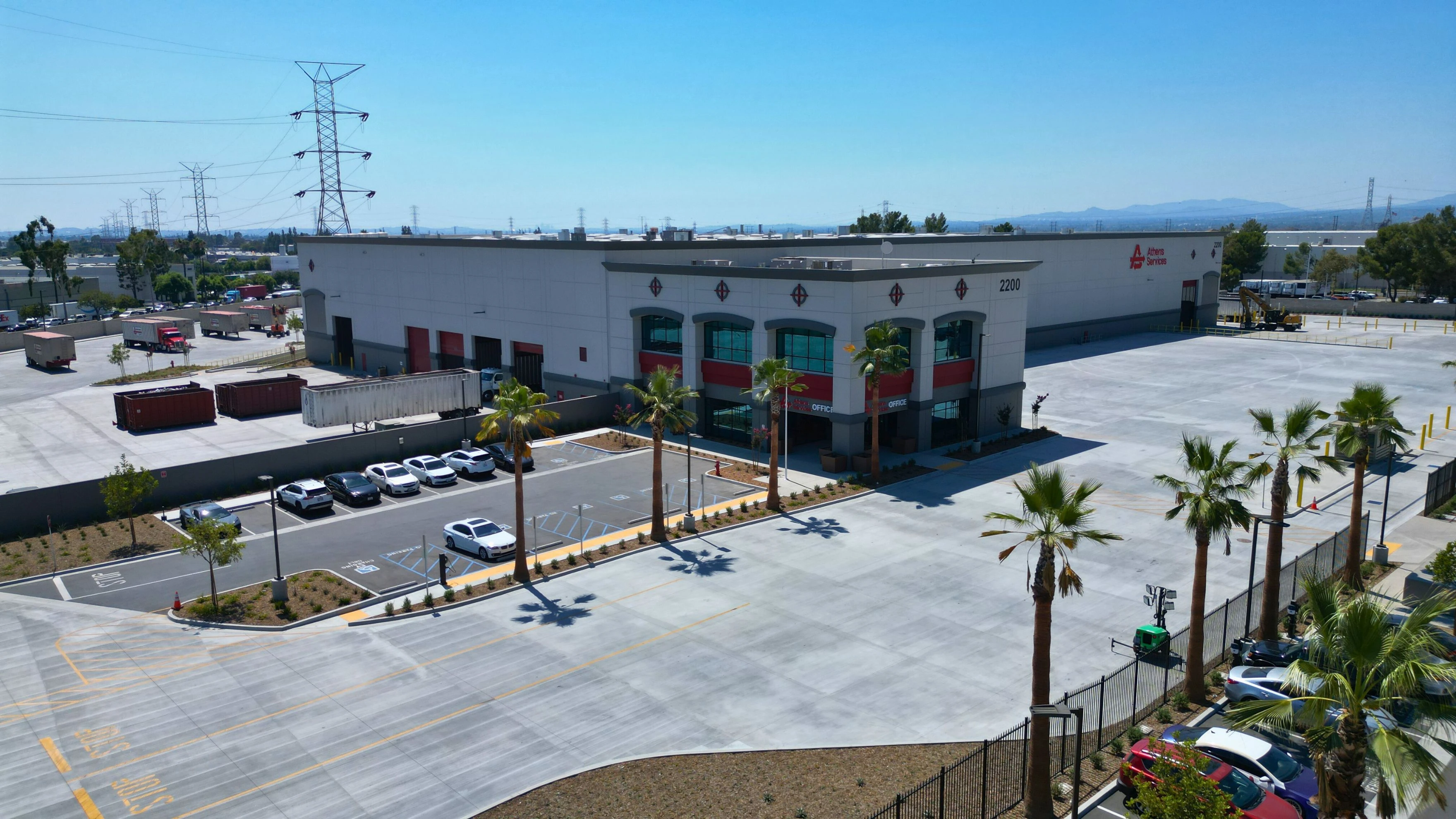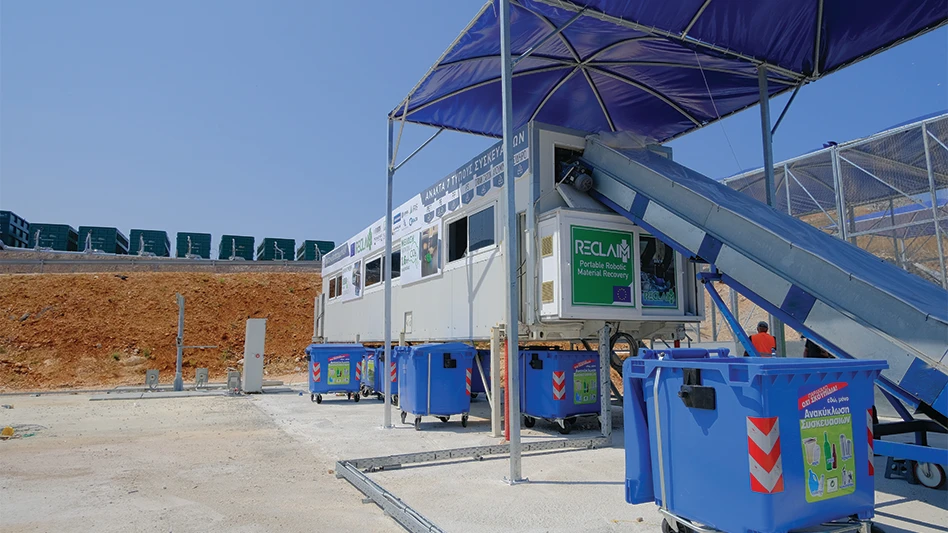The International Organization for Standardization is introducing a new standard that targets the plastic recovery and recycling industry. The new standard is ISO 15270:2008, Plastics. It provides guidelines for the recovery and recycling of plastics waste.
ISO states that the development of the new standard has been designed to help companies in the plastic industry to develop the following: a sustainable global infrastructure for plastics recovery and recycling; and a sustainable market for recovered plastics materials and their derived manufactured products.
Plastics material for recovery may be obtained from various sources and the major markets for plastics are packaging, building and construction products, electrical and electronic products, automotive/transportation, and household/consumer items.
ISO 15270:2008 establishes the different options for the recovery of plastics waste arising from pre-consumer and post-consumer sources. The standard will assist in the selection of methodologies and processes for the management of post-use plastics that may be approached using various strategies.
In general, plastics recovery technologies can be divided into two classes:
material recovery, including mechanical recycling, chemical or feedstock recycling, and biological or organic recycling; and
energy recovery in the form of heat, steam, or electricity generation using plastics waste as substitutes for primary fossil fuel resources.
The standard also establishes the quality requirements that should be considered in all steps of the recovery process. Selection of any one of the available recycling options should be based on compliance with the following requirements:
the need to minimize adverse environmental impact;
prior demonstration of sustainable commercial viability; and
secure access to viable systems for collection and quality control.
Sponsored Content
SENNEBOGEN 340G telehandler improves the view in Macon County, NC
An elevated cab is one of several features improving operational efficiency at the Macon County Solid Waste Management agency in North Carolina. When it comes to waste management, efficiency, safety and reliability are priorities driving decisions from day one, according to staff members of the Macon County Solid Waste Management Department in western North Carolina. The agency operates a recycling plant in a facility originally designed to bale incoming materials. More recently, the building has undergone significant transformations centered around one machine: a SENNEBOGEN telehandler (telescopic handler).
ISO 15270:2008 also provides recommendations for inclusion in material standards, test standards and product specifications. Consequently, the process stages, requirements, recommendations and terminology presented in this standard are intended to be of general applicability.
Michael Fisher, Chair of ISO/TC 61 Plastics, the committee that developed the standard, comments, "Access to markets for recovered materials or energy is an important consideration. There is already international trade in end-of-life products for the purpose of reclaiming or recycling the plastic components and ISO 15270:2008 is intended to provide a valuable resource that is globally relevant, no matter which particular legislative or regulatory framework for plastic recovery and recycling governs its application."
Get curated news on YOUR industry.
Enter your email to receive our newsletters.
Latest from Recycling Today
- TRP invests $4.25M in FCC Environmental Services’ Houston MRF
- Vanden offers free material analysis reports
- Green Bay Packaging makes personnel moves
- Stainless output rises in Q2 2025
- BDSV, VDM warn against EU scrap export ban
- BIR adds to advocacy staff
- Aurubis invests in emissions control in Germany
- STADLER sorting systems: Designed to perform, built to last







